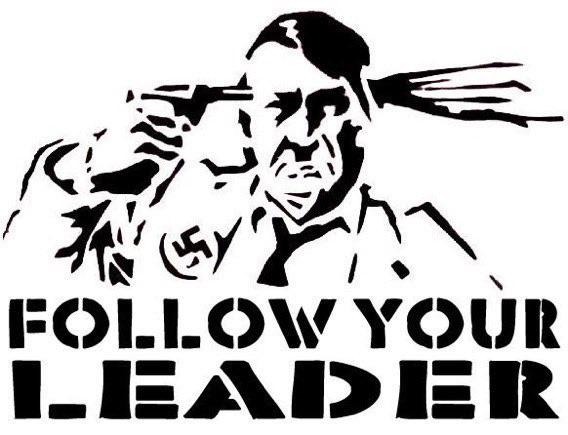And how are you processing this?
Statistically, probably slower than average
Everybody is inbred, it’s a matter of degrees!
But especially if you’re from the south of USA
What am I looking at here?
You share half your DNA with each parent. Sounds right.
You share less than a quarter with your grandparents. Sounds right (some luck involved on which DNA was passed two generations).
Your cousin shares 10%. Since your parent’s siblings should share about 25% of their DNA, and their kids would be half that, then 10% for a first cousin seems right.
What am I missing? I’m not familiar with their process so may have misunderstood what’s being shown.
Edit: oh, is it saying you share 20% with each grandmother, or is it the same 20%? The same grandmother? Your parent’s had the same mother?
For context, the weird part is “Grandmother, Both Sides”. Given that mother and father are qualified as “Mother’s Side” and “Father’s Side”, respectively, “Both Sides” seems to imply that this same one person appears on both sides of the tree, I.E. Mother and Father share a mother.
No idea if this is actually what 23andMe is trying to say, or if it’s just really poorly worded.
How does it not make sense to you that you would share DNA with your first cousin?
For example, your first cousin is your mom’s sister’s kid.
Your mom and sister share DNA through their parents, meaning you share DNA with your aunt. Therefore, you would share DNA with your aunt’s kid (your first cousin).
I think it’s the “grandmother, both sides” that’s surprising
Yes, this is correct.
Are you sure it’s not, grandmother on both sides share the same percentage with you
Each of those entries is a single person. The interface is saying that their grandmother is related to both their mother and their father. The most enlightening thing would be to see Grandma’s account and how related she is to either of them. It should be 50% to their child, and it’s likely a lot less for the other one.
Don’t feel bad. Ancestry gave me that thing for famous people in my tree. Turns out, I’m related to several of them on both sides. Your grandma mentioned is probably grandma on one side and great grand aunt on another or something.
… Or your parents are secretly flowers in the attic-ing you, in which case do not allow yourself to be locked in the attic. Always carry your cell to call the police.
In the words of Bill Bryson:
If your two parents hadn’t bonded just when they did–possibly to the second, possibly to the nanosecond–you wouldn’t be here. And if their parents hadn’t bonded in a precisely timely manner, you wouldn’t be here either. And if their parents hadn’t done likewise, and their parents before them, and so on, obviously and indefinitely, you wouldn’t be here.
Push backwards through time and these ancestral debts begin to add up. Go back just eight generations to about the time that Charles Darwin and Abraham Lincoln were born (they share the same date and year of birth), and already there are over 250 people on whose timely couplings your existence depends. Continue further, to the time of Shakespeare and the Mayflower pilgrims, and you have no fewer than 16,384 ancestors earnestly exchanging genetic material in a way that would, eventually and miraculously, result in you.
At 20 generations ago, the number of people procreating on your behalf has risen to 1,048,576. Five generations before that, and there are no fewer than 33,554,432 men and women on whose devoted couplings your existence depends. By thirty generations ago, your total number of forebears,–remember these aren’t cousins and aunts and other incidental relatives, but only parents and parents of parents in a line ineluctably to you–is over one billion (1,073,741,824 to be precise). If you go back sixty-four generations, to the time of Romans, the number of people on whose cooperative efforts your eventual existence depends has risen to approximately 1,000,000,000,000,000,000, which is several thousand times the total number of people who have ever lived.
Clearly something has gone wrong with our math here. The answer, it may interest you to learn, is that you are not pure. You couldn’t be here without a little incest–actually quite a lot of incest–albeit at a genetically discreet remove. With so many millions of ancestors in your background, there will have been many occasions when a relative from your mother’s side of the family procreated with some distant side of your father’s ledger. In fact, if you are in a partnership now with someone from your own race and country, the chances are excellent that you are at some level related. Indeed, if you look around you on a bus or in a park or cafe or any crowded place, most of the people you see are very probably relatives. When someone boasts to you that he is descended from William the Conqueror or the Mayflower Pilgrims, you should answer at once: “Me too!”.
In the most literal and fundamental sense we are all family.





